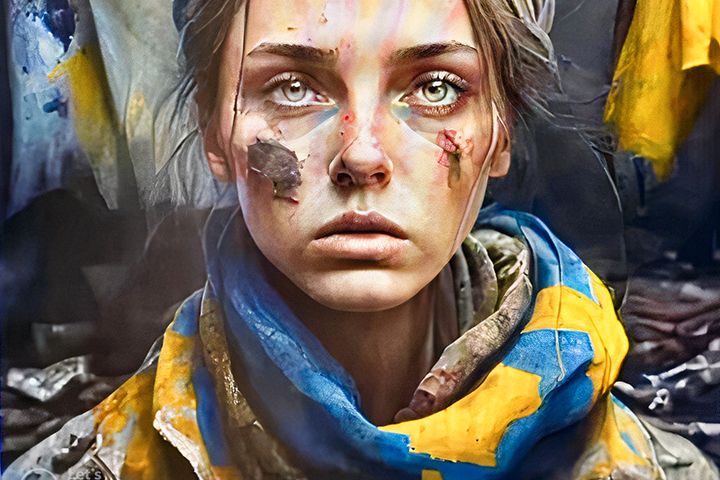Russia Unveils Its Own “Patriotic” Version of ChatGPT and Midjourney. GigaChat and Kandinsky Prove To Be Unpatriotic After All

In November of 2022, Russia formally banned ChatGPT, the pioneering AI that had captivated the world’s attention, citing worries about “possible disinformation and criminal use”. Just one month earlier, in April 2022, SberBank, Russia's largest state-owned bank, introduced its own AI language model called GigaChat. The name, whether intentionally or not, looks like a reference to the internet slang term "GigaChad" (according to Urban Dictionary, refers to an extremely muscular man).
SberBank also launched Kandinsky, a generative AI for images, reminiscent of Stable Diffusion and MidJourney. These releases were driven by a perceived threat from Western AI technology to Russia, leading to the creation of what has been dubbed "patriotic AI."
Sergey Mironov, the leader of the opposition party A Just Russia - For Truth, has criticized the AI for not being patriotic enough. Mironov argued that the images generated by Kandinsky invoked negative feelings towards Russia and therefore called for action to be taken against the AI.
Mironov cited instances where the Kandinsky art tool, named after renowned early 20th-century Russian abstract painter Wassily Kandinsky, failed to accurately generate a white, blue, and red tricolor when prompted with the phrase "Russian flag." Additionally, Mironov noted that the phrases "Donbas is Russia" and "I love Donbas," referring to the eastern Ukrainian region partly occupied by Russia, produced images in the colors of the Ukrainian flag.
The opposition leader reported SberBank to Russian authorities, requesting an urgent ban on the AI tool. Mironov also highlighted that the search term "I am a Z-patriot," which refers to the Z symbol adopted by Russia's military, generated an image resembling a zombie. He shared these concerns on the messaging platform Telegram.
Russia is not the only country to ban ChatGPT. The platform didn't cross the Great China Firewall either, with three Chinese companies creating their own, state-sanctioned generative AIs.
